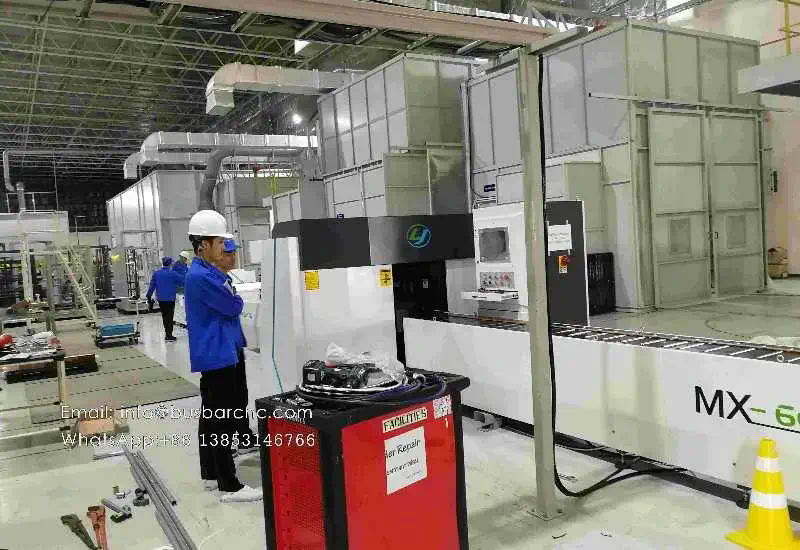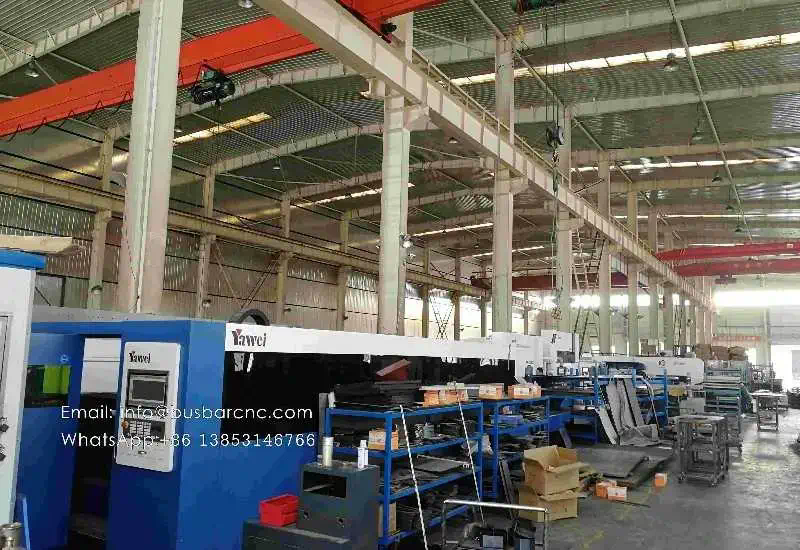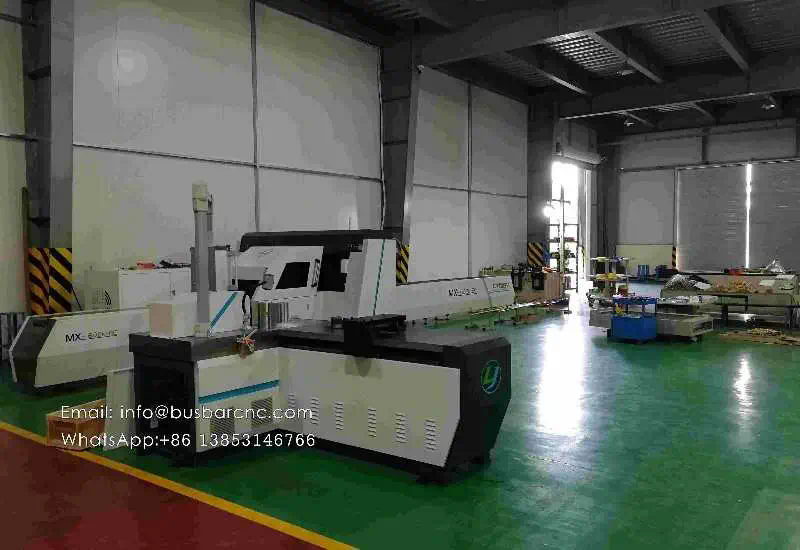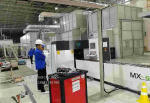Innovative Applications for CNC Machines in the Automotive Industry
The automotive industry has always been at the forefront of technological advancements. In recent years, the use of Computer Numerical Control (CNC) machines has revolutionized the manufacturing processes in this industry. CNC machines offer precision, efficiency, and flexibility that traditional manual methods simply cannot match. This article explores some of the innovative applications of CNC machines in the automotive industry.
1. Engine Block Manufacturing

One of the most critical components of an automobile is the engine block. CNC machines have transformed the way engine blocks are manufactured. With the help of CAD/CAM software, engineers can design complex engine block geometries with ease. CNC machines then use these designs to precisely carve out engine blocks from solid blocks of metal. The accuracy and repeatability of CNC machines ensure consistent quality and performance in engine blocks.
2. Customized Car Parts
CNC machines enable the production of highly customized car parts. Automotive enthusiasts can now order unique, one-of-a-kind components for their vehicles. Whether it’s a custom steering wheel, a personalized gear shift knob, or a bespoke interior trim, CNC machines can bring these designs to life. The ability to produce small batches of customized parts gives manufacturers a competitive edge in meeting the demands of niche markets.
3. Prototyping and Testing

CNC machines have made prototyping and testing more efficient and cost-effective in the automotive industry. Traditionally, creating prototypes involved extensive manual labor and time-consuming processes. CNC machines eliminate the need for manual intervention, allowing engineers to quickly iterate and refine their designs. This results in faster development cycles and reduced time-to-market for new vehicle models.
4. Lightweighting
In recent years, there has been a significant emphasis on reducing the weight of vehicles in order to improve fuel efficiency and reduce emissions. CNC machines play a crucial role in the lightweighting process by allowing manufacturers to create intricate designs with lightweight materials. These machines can precisely mill and shape parts made from aluminum, carbon fiber composites, and other lightweight materials. The use of CNC machines in lightweighting has led to the development of lighter, more fuel-efficient vehicles.
5. Safety Components
Safety is a top priority in the automotive industry. CNC machines are instrumental in manufacturing critical safety components such as airbag housings, seat frames, and structural reinforcements. These machines ensure that these components are manufactured to precise specifications, guaranteeing their reliability and effectiveness in protecting occupants during accidents. CNC machines also enable the production of intricate designs that maximize the strength-to-weight ratio of safety components.
6. Advanced Manufacturing Techniques

CNC machines have paved the way for advanced manufacturing techniques in the automotive industry. One such technique is 3D printing, also known as additive manufacturing. By combining CNC machining with 3D printing, manufacturers can create complex, lightweight parts with unmatched precision. This hybrid approach allows for the production of intricate designs that were previously impossible to manufacture using traditional methods.
7. Automation and Robotics
The integration of CNC machines with automation and robotics has transformed automotive manufacturing processes. Automated CNC machines can perform tasks with speed and accuracy, reducing the need for manual labor. Robots can load and unload workpieces, change tools, and perform quality inspections, maximizing productivity and minimizing human errors. The combination of CNC machines, automation, and robotics has led to increased efficiency, reduced costs, and improved overall manufacturing capabilities.
In conclusion, CNC machines have revolutionized the automotive industry by enabling innovative applications in various aspects of manufacturing. From engine block production to customized parts, prototyping, lightweighting, safety components, and advanced manufacturing techniques, CNC machines have significantly improved efficiency, precision, and flexibility. As technology continues to advance, we can expect further advancements in CNC machines, driving the automotive industry towards new heights of innovation.
https://ortumeta.com/
